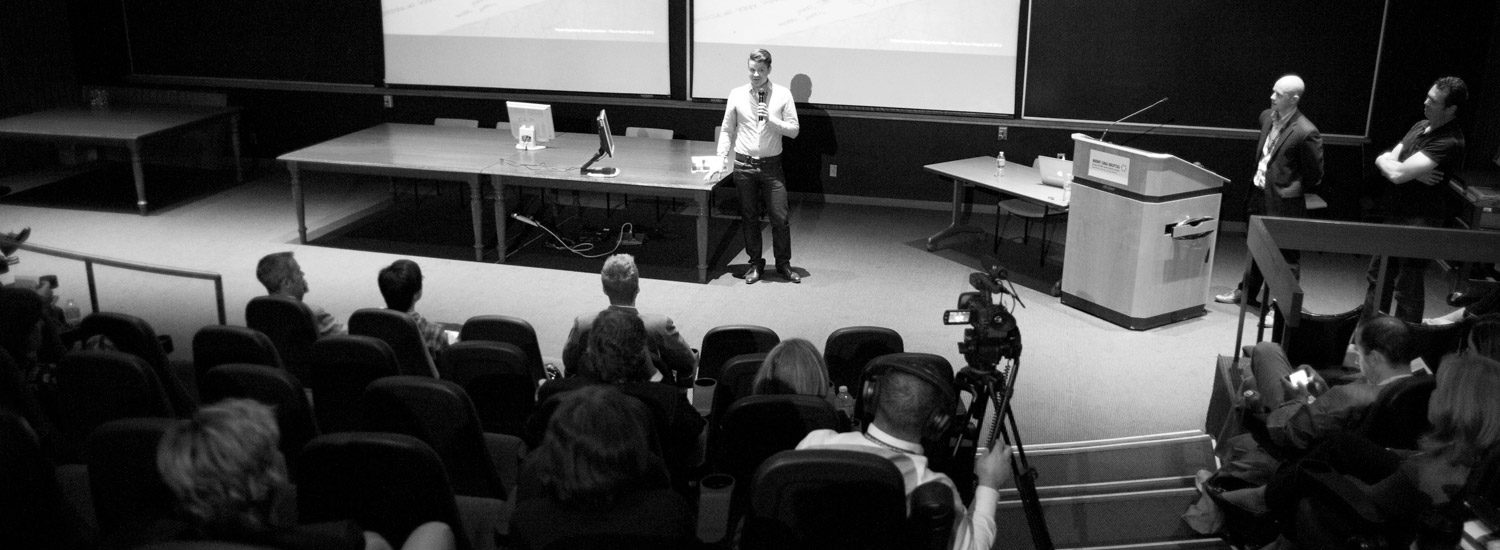Projects, Learnings, and Insights From Our 2022 Summer Scholar Students
Each summer, Sinai Health/UHN’s Healthy Ageing and Geriatrics Program proudly hosts its Geriatrics Summer Scholars Program, funded by the Savlov Family Foundation, Oskar Ascher Schmidt Charitable Foundation, and Marilyn & Charles Baillie Family Foundation.
This 12-week program provides a unique and structured learning opportunity for medical and other aspiring clinicians and researchers, across Canada and beyond, to gain valuable research and clinical experience with expert clinicians, educators and researchers as they consider future careers in geriatrics.
This year, our 8 Summer Scholars worked with their clinical mentors on research projects relevant to the fields of geriatric oncology, emergency medicine, medical education and quality improvement. We asked the scholars to share more about the project they worked on, what they learned, and how their work could impact the care of older adults. To view their presentations, please click on the scholar’s name.
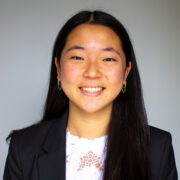
Project: Innovative Approaches to Supporting the Discharge of Frail Older People from the ED – An Implementation Study
Mentor: Dr. Jacques Lee
This summer, I worked on 3 projects, including “Innovative Approaches to Supporting the Discharge of Frail Older Adults From the ED”, “Paramedic Supportive Discharge Programs to Improve Health System Efficiency and Patient Outcomes: A Scoping Review”, and an untitled systematic review assessing the relationship between delirium severity score and outcomes for delirium motor subtypes. Working closely with a primary care paramedic, I learned so much about the field of community paramedicine, and its ability to address gaps in health care. I also learned about the process of conducting research, including everything from applying for ethics approval to writing standard operating procedures. Finally, I learned how unpredictable research can be as obstacles may present themselves unexpectedly and delays are always inevitable. This work is important because it has implications on the quality of care that older adults receive in the ED. Overall, highlighting what improvements can be made will lead to improved outcomes for this vulnerable population.
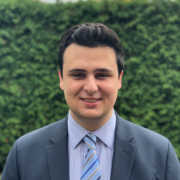
Project: Research in Geriatric Oncology
Mentor: Dr. Shabbir Alibhai
This summer, I worked under the supervision of Dr. Alibhai on a project titled “Defining an abnormal geriatric assessment for older adults with cancer”. Once completed, this will be, to my knowledge, the first study of its kind which examines the association between geriatric assessment (GA) domains and treatment modification using a relatively large North American geriatric oncology database. This is exciting because it will help address the need for a universal, objective definition of an abnormal GA that can be used in the geriatric oncology literature. It will also hopefully allow oncologists to more accurately and confidently identify patients who may be candidates for GA by highlighting those who are more likely to have actionable abnormal GAs, acting like a temporary screening tool (which can be used until a validated screening tool is developed for this setting). Overall, I learned a lot about GA, oncology, and working with older adults through my research and associated clinical shadowing this summer. It has been an incredibly valuable experience and has definitely reinforced my interest in the field of geriatrics.
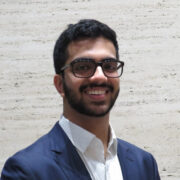
Project: Inclusion of Older Adults in Canadian Critical Care Trials Group RCTs
Mentor: Dr. Sangeeta Mehta
This summer, I worked on a project with Dr. Sangeeta Mehta looking into the ‘Diversity of Subjects Included in Canadian Critical Care Trials Group RCTs and Observational Studies’. It was a tremendous experience learning about the gender disparity and the lack of reporting or inclusion of individuals from different sociodemographic variables (race, ethnicity, socioeconomic status) in research trials. Our population is much more heterogeneous with people from diverse backgrounds and sexual orientations which is unfortunately not appropriately represented in many clinical trials. I am hopeful that by shedding some light on this matter, we continue to strive for the inclusion of diverse participants in trials to achieve better outcomes and establish better health guidelines for the overall population.
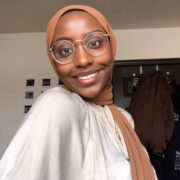
Project: Supporting a Qualitative and Quantitative Analysis of the MyCOVIDVisitRisk Decision Aid
Mentor: Dr. Samir Sinha, Dr. Kristina Kokorelias and Mr. Matthew Downer
This summer, I had the privilege of working on the My COVID-19 Visit Risk Project under the supervision of Matthew Downer, Dr. Samir Sinha and Dr. Kristina Kokorelias. This project taught me much about quantitative and qualitative data analysis and decision aids! My project is important because not much is known regarding the usage of decision aids during COVID-19, especially in a Canadian context. Knowing who uses decision aids and, more importantly, who does not use decision aids can help highlight barriers to participation. This ensures that decision aids can be equitable and not exclude already marginalized groups moving forward.
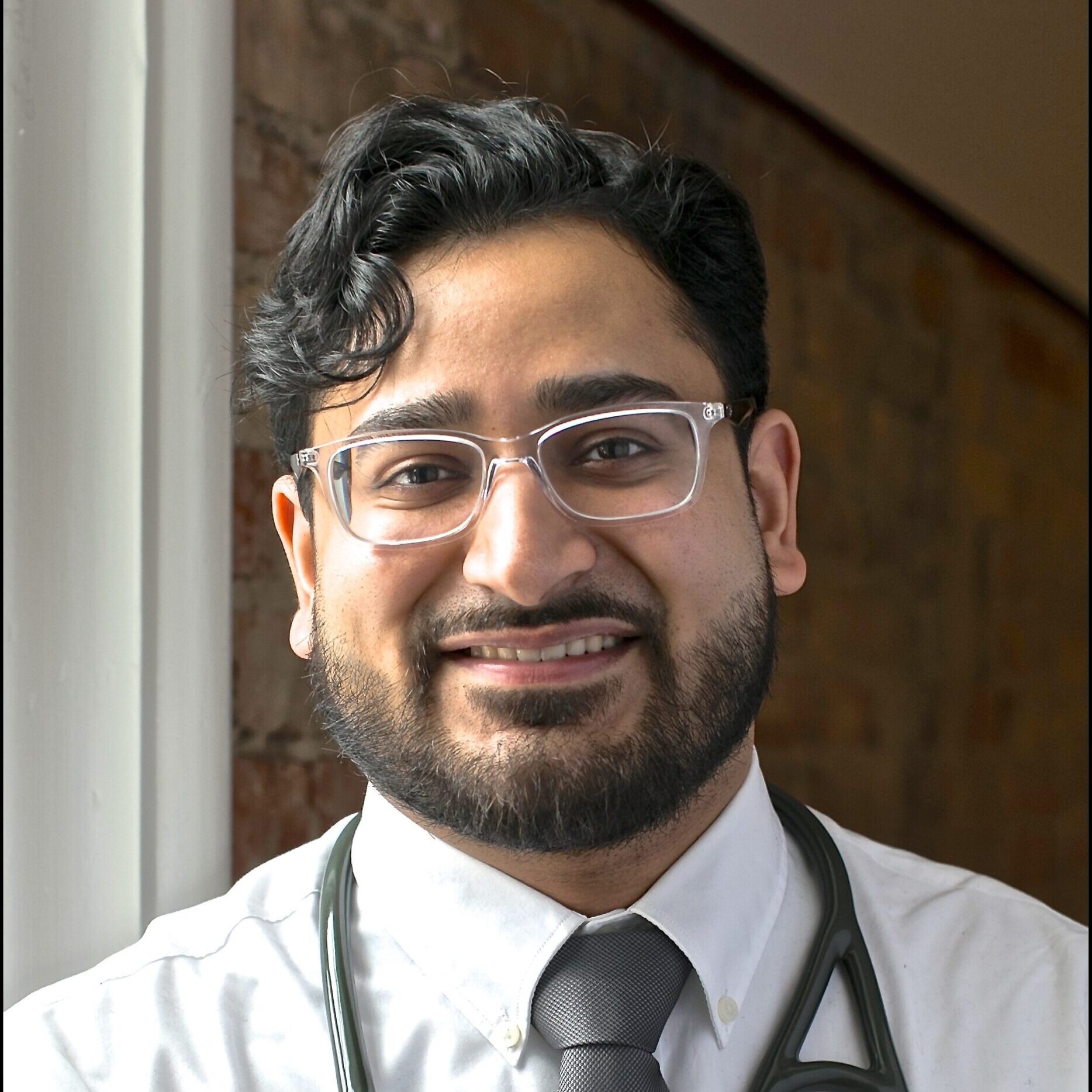
Project: Professionalism Plus: Evaluating the Impact of a Longitudinal Curriculum on Professionalism
Mentor: Dr. Arielle Berger
This summer, I had the wonderful opportunity to work with Dr. Arielle Berger on our research project titled “Professionalism Plus: Evaluating the Impact of a Longitudinal Curriculum on Professionalism”. As per the CanMEDS definition, professionalism is a set of commitments that influence how we practice medicine – it’s the commitment to our patients, to society, to the profession, and to ourselves. It’s a skill that can be taught, improved, and evaluated. Our aim with this study was to evaluate the impact that a new, formal, two-year longitudinal curriculum on professionalism and related competencies had on geriatric resident-physicians at the University of Toronto. Although our project is still underway, our preliminary findings show that having a formal curriculum on professionalism can provide resident-physicians with a unique opportunity for self-reflection, a sense of community and reassurance, and even impact their patient care. These findings highlight the importance of formally teaching professionalism to geriatric resident-physicians, and more broadly medical residency programs in general. Through this project and frequent observerships with many incredible staff geriatricians at UHN, I gained a deeper understanding and appreciation of professionalism in medicine and thematic analysis methodology. It has further fueled my interest in the care of older adults and the fascinating field of geriatrics!
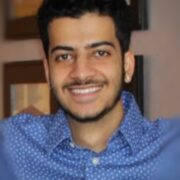
Project: Research in Geriatric Oncology
Mentor: Dr. Shabbir Alibhai
This summer, I worked on a research project statistically comparing the 5C geriatric oncology trial patients and the Older Adults with Cancer Clinic (OACC) patients to identify if the trial’s sample was representative of a general geriatric oncology clinic. This program allowed me to experience each step of a research project and I was given my first opportunity conducting my own. I learned that older adults, especially severely frail ones, are excluded from trials and researchers must be more proactive in finding ways to represent them in their work. My research is important in finding out which specific populations are being excluded from trial samples and how these issues can be addressed in future research.
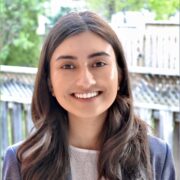
Project: ICCP and House Calls Program ED E-Mail Notification System: Correlation with Patient/Provider Outcomes
Mentor: Drs. Samir Sinha and Kristina Kokorelias
This summer, I worked on a research project analyzing the 10-year data from Mount Sinai Hospital’s Geriatric ED E-Notification System. Beginning in 2011, patients enrolled in the House Calls (HC) or Integrated Client Care Program (ICCP) would trigger an e-alert upon presentation to Mount Sinai’s Emergency Department. This notification would facilitate communication between different members of the patient’s care team, with the goal of gathering collateral history specific to the given patient’s presentation. With Dr. Sinha’s and Dr. Kokorelias’ guidance, I worked towards completing the extraction and analysis of this 10-year data from the notification database. Through this project, I’ve had the opportunity to hone my research skills, while working within a field of research that I am particularly passionate about. Beyond the specific contexts of the ICCP and HC programs, this research has the potential to inform policy decisions that improve the continuity of care for older adults presenting to EDs.

Project: The Effect of Multimodal Analgesia on Opioid Consumption in Older Adult Musculoskeletal Rehabilitation Inpatients
Mentor: Drs. Richard Norman and Aaron Bilek
This summer, I worked on a project aclleed “Opioid and Non-Opioid Analgesic use in Older Orthopaedic Rehabilitation Inpatients”. Older adults often spend time in inpatient rehabilitation after orthopaedic surgeries, but there is currently little research on how they use various pain management agents in this setting. Throughout this summer, I learned a lot about how the research process works, from study design to data analysis to writing up manuscripts for publication. I also learned about working with a research team and got to work with great mentors and collaborators at various stages of training. I hope that once we publish this work it will highlight the importance of deprescribing in the inpatient rehab setting and will inform future research initiatives in opioid stewardship for older adults.
The Sinai Health/University Health Network Geriatrics Summer Scholars Program was launched in 2011 to provide unique and structured learning opportunities for students to gain valuable research or project experience in a health care setting and to encourage them to consider a future career in the fields of ageing and geriatrics. To date, we have had over 50 students involved in this program and we look forward to many of them becoming the next future experts in caring for older adults.
To learn more about our Summer Scholars program and to see the projects which students from previous cohorts have worked on, visit our links below:
Scholarship Information
Previous Scholars
Other Summer Scholar Blog Posts:
2020 Summer Scholars Blog
2018 Summer Scholars Blog
Summer Scholarship Supports Another Group of Students to Become Young Geriatricians

